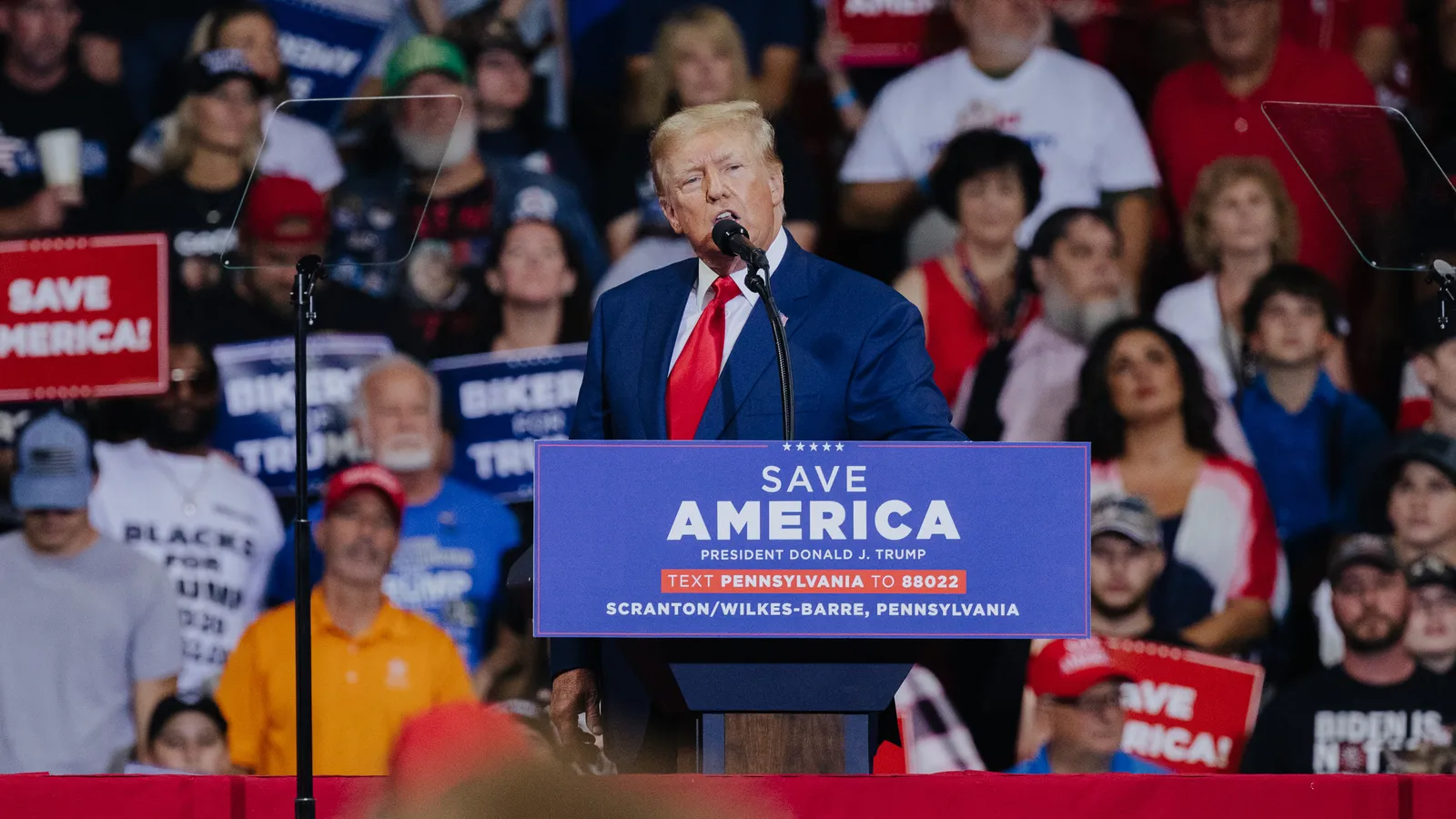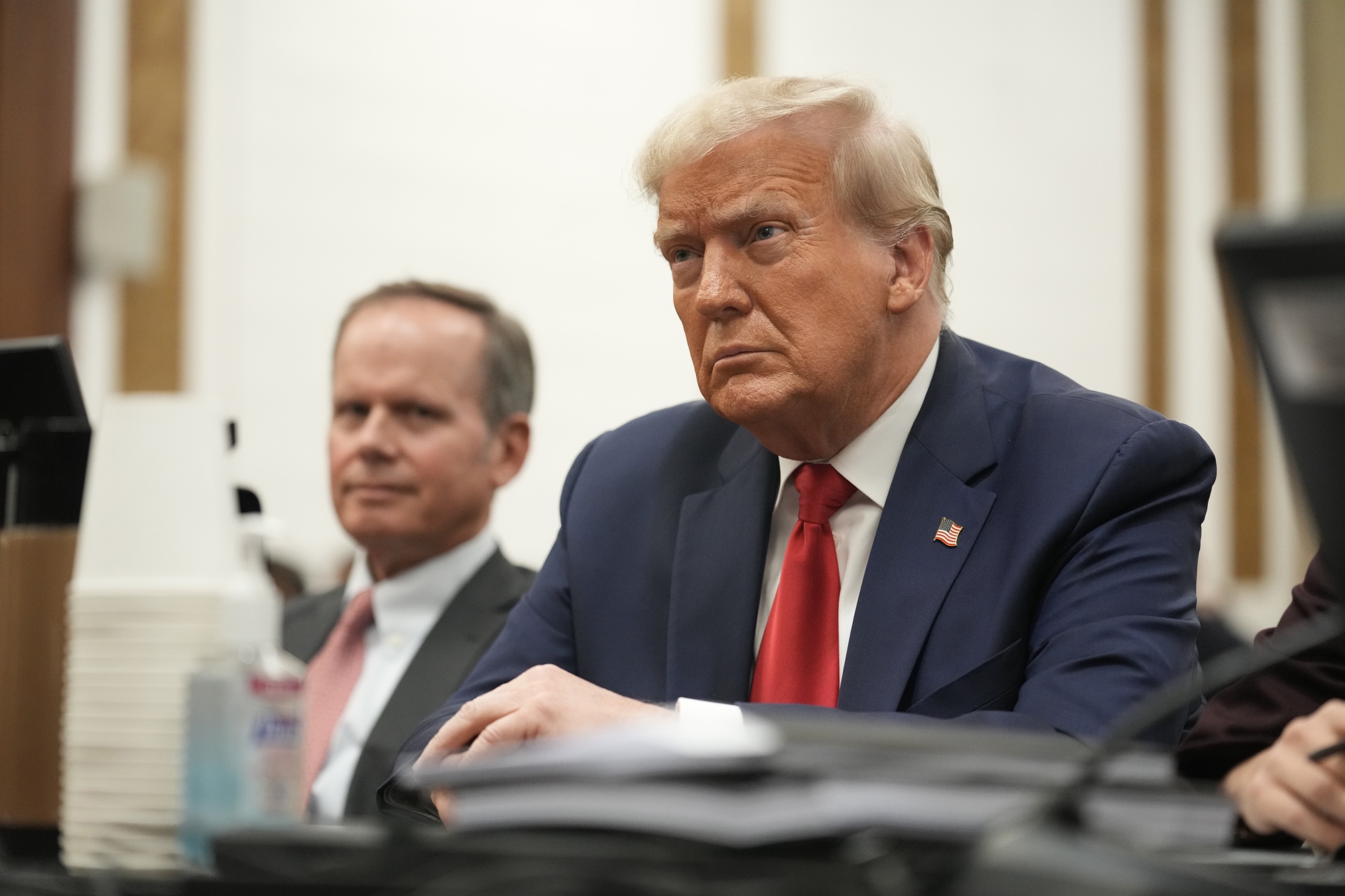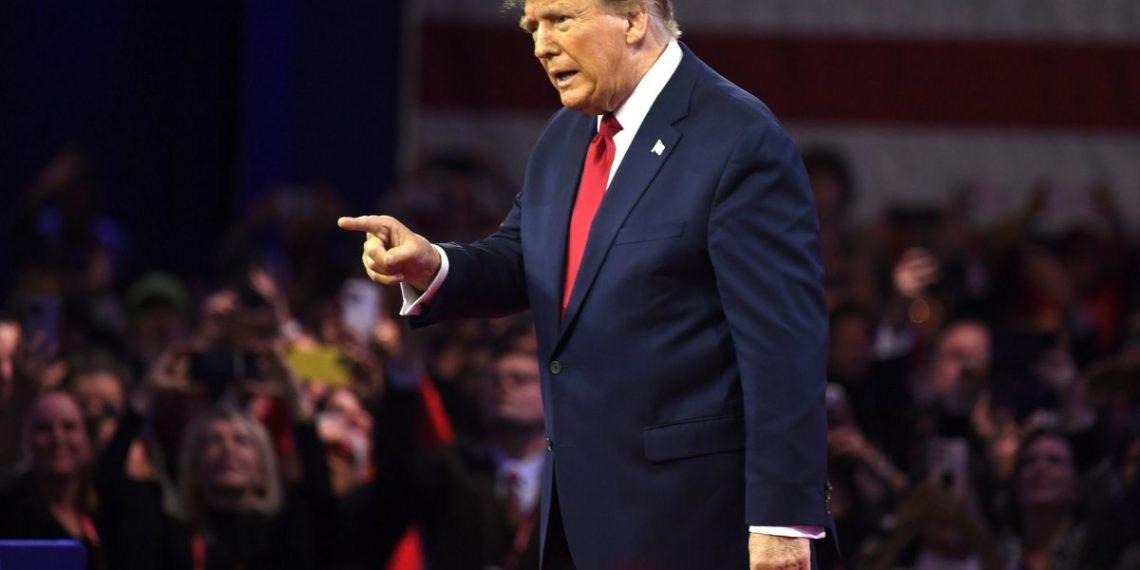Former President Donald Trump praised the U.S. Supreme Court‘s decision to overturn his disqualification from Colorado’s ballot, expressing gratitude for the swift and favorable ruling. However, Trump quickly shifted focus to another crucial legal battle which is his appeal for presidential immunity from prosecution.
Scheduled for April, the appeal aims to overturn a lower court’s ruling rejecting Trump’s immunity claim in a criminal case involving efforts to reverse President Joe Biden‘s 2020 election victory.

Trump contends that former presidents should be shielded from prosecution to effectively carry out their duties. He argues that legal immunity is essential to prevent adversaries from weaponizing the legal system for political purposes.
Trump’s push for immunity comes amidst ongoing legal proceedings, including multiple criminal indictments and civil litigation, which he denounces as politically motivated attacks.
The timing of Trump’s remarks, coinciding with the Supreme Court’s decision, underscores the significance of legal immunity in his post-presidential endeavors. Despite facing opposition from prosecutors and judges, Trump remains steadfast in his quest for immunity, framing it as essential for upholding the integrity of the presidency.

While Trump’s appeal seeks to delay trial proceedings until after the election, critics argue against granting unchecked authority to former presidents. Previous court rulings have emphasized accountability over perceived immunity privileges, challenging Trump’s assertions of executive privilege.
Trump’s remarks highlight the contentious legal landscape surrounding his presidency, characterized by ongoing legal battles and public scrutiny. As he navigates multiple criminal and civil cases, Trump’s push for immunity amplifies debates over the balance between executive authority and accountability in American governance.


















